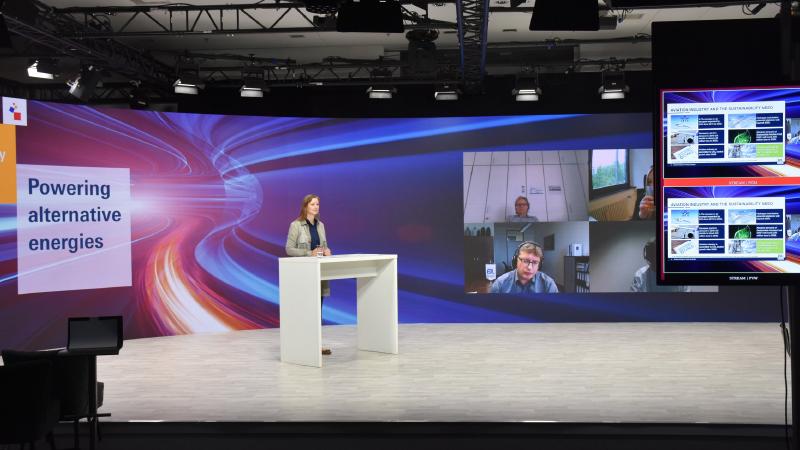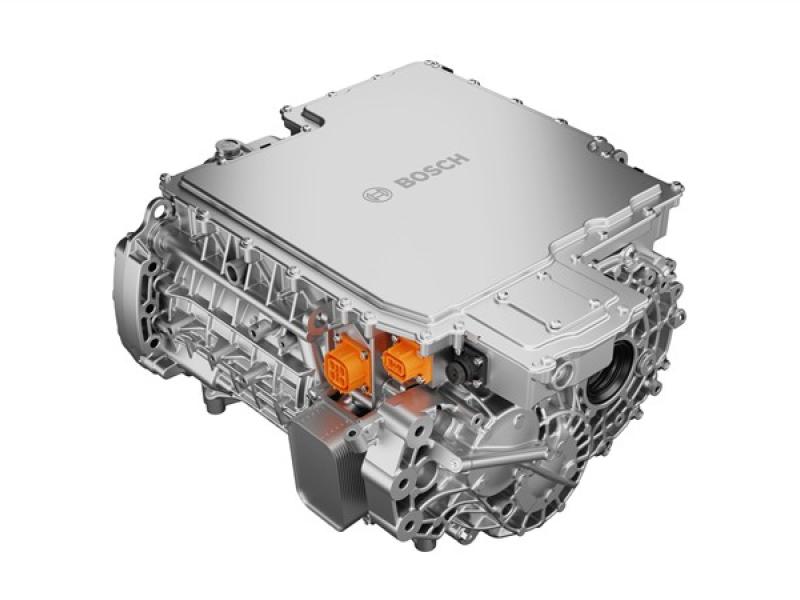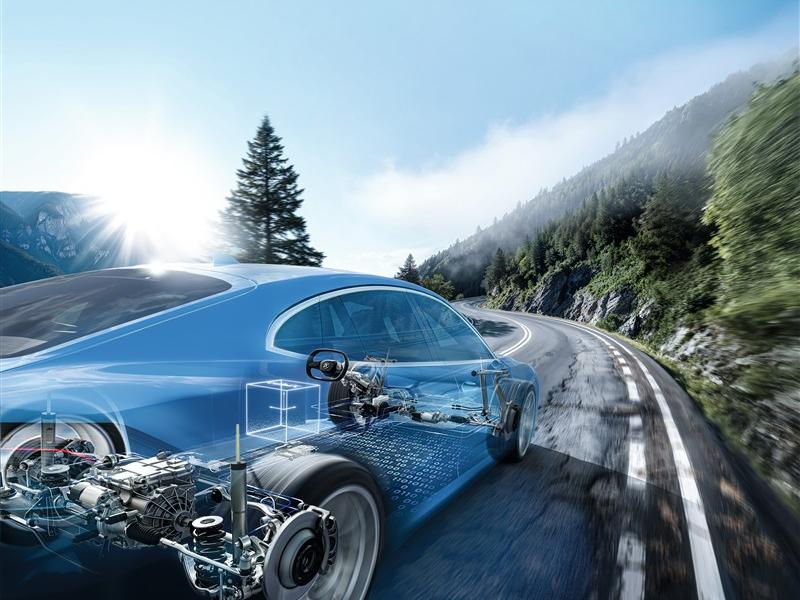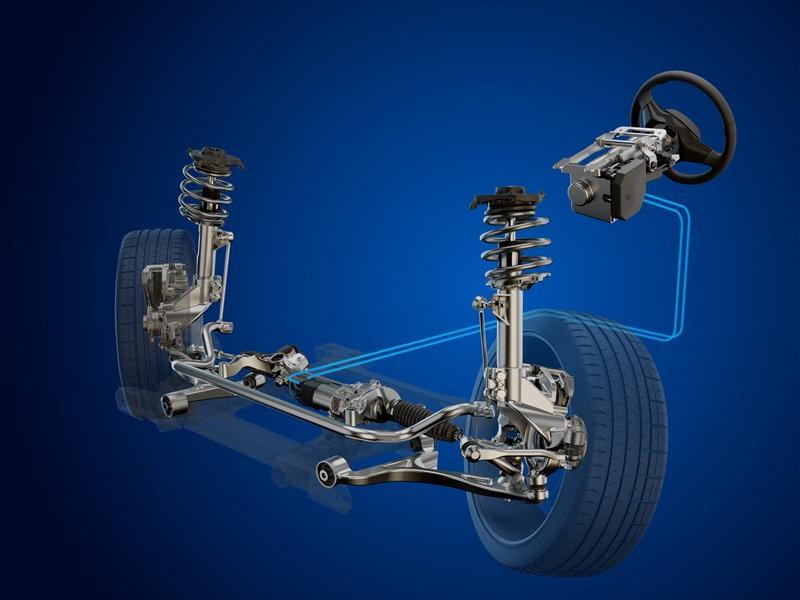Messe Frankfurt expands ‘Energy4Mobility’ series of talks: game-changer or ‘rock star’ of the alternative energy scene? Hydrogen is a topic that is occupying policymakers, industry and researchers alike – reason enough for Messe Frankfurt to invite hydrogen experts to take part in a digital panel discussion. On 24 June, representatives from various companies and research institutes took advantage of this opportunity to discuss whether hydrogen might be a game-changer for our future mobility. The experts were in agreement that green hydrogen will play an important role in the mix of alternative energies needed to make emission-free mobility possible and reach the EU’s climate targets.
Michael Johannes, Vice President Mobility & Logistics at Messe Frankfurt, explained why in a talk with the moderator, Silke Frank, who is also CEO of Mission Hydrogen: “We launched this series of expert talks because without alternative energies, there will be no mobility transition. That is why we want to provide a platform for this topic where key stakeholders can share their views. We also want to raise the profile of this topic at Automechanika and Hypermotion, two of our trade fairs that are taking place in Frankfurt from 14 to 16 September 2021. I would already like to invite the community to join us on the Frankfurt exhibition grounds for these events.”
Hydrogen that is created using renewable energy – green hydrogen – is growing increasingly important as a climate-neutral fuel. That is because the latest research identifies it as one of the most important solutions for achieving a CO2-neutral future. Hydrogen has the potential to deliver huge reductions in CO2 emissions in a wide range of applications, particularly in the field of mobility. That is one of the reasons why the Vice President of the European Commission, Frans Timmermans, labelled hydrogen “the rock star of the energy transition” last year.
During his presentation for the panel discussion, Prof. Thomas Willner, Director of the Process Engineering Research Group at the Hamburg University of Applied Sciences (HAW), estimated that we only have seven years remaining to restrict CO2 emissions if we are going to succeed in our goal of limiting global warming to 1.5 °C.
“Unfortunately, we already know that it will be anywhere from five to 15 years before we are able to achieve a net reduction in CO2 emissions with electromobility, because we must first offset the increased emissions generated by battery manufacture. The only way we can satisfy the ‘no delay’ criterion is with alternative fuels – regardless of whether they are liquid or gaseous – and one of these fuels is hydrogen.”
This was a view shared by Dr. Thorsten Jänisch, a scientist working for the Institute of Combustion Technology at the German Aerospace Center (DLR): “Due to their long development cycles, we probably won’t see any substantial impact from fuel cells or electric flight until sometime after 2050. We could see an impact from near-drop-in fuels by 2030, but we do not have much time left and we need to act now. That is why we are so interested in drop-in fuels made from biomass or green hydrogen – because they can be put to work now and immediately reduce CO2 emissions.”
Heinrich Klingenberg, Senior Hydrogen Expert at Hamburg Invest Wirtschaftsförderungsgesellschaft mbH, reported on the Green Hydrogen Hub Hamburg and the ‘ecosystem’ that is being created there in collaboration with various sectors, including the steel and energy industries. “When you compare hydrogen with battery technology, you can see that we are dealing with a ‘Swiss army knife’: that is because hydrogen can be utilised in a wide range of applications. In addition, local production or imports can provide a foundation for corresponding economies of scale and ensure secure supply.”
Even so, here in Germany the hydrogen infrastructure needs to be developed, something mentioned by various panellists. Kristoffer Lorentsson, Tendering Manager at MAN Energy Solutions, was one of them: “The infrastructure in Europe is still limited. Today, the only alternative is to directly take the liquid hydrogen from the production plant and transport it to end customers with trailers. In Norway, the government has forced the development of the hydrogen infrastructure, and I think they will have their first storage stations for liquid hydrogen in less than three years.” Converting ships to hydrogen makes it possible to come tantalisingly close to a ‘zero-emissions ship’. “LNG has made it possible to significantly reduce sulphur and nitrogen oxide and nitrogen oxide emissions, but with hydrogen we have the potential to also cut CO2 emissions with 100 percent. That is our goal,” added Lorentsson.
Michael Gensicke, Managing Director of Robert Bosch Elektronik GmbH, also has ambitious plans – including for Hydrogen Campus Salzgitter, where Bosch and other organisations (including the Fraunhofer Institute, MAN Energy Solutions and Alstom) are represented: “My factory will succeed in reducing the CO2 footprint by some 40 percent within a single year. Naturally this is done not just with hydrogen, but also by cleverly integrating other technologies involving hydrogen.”






